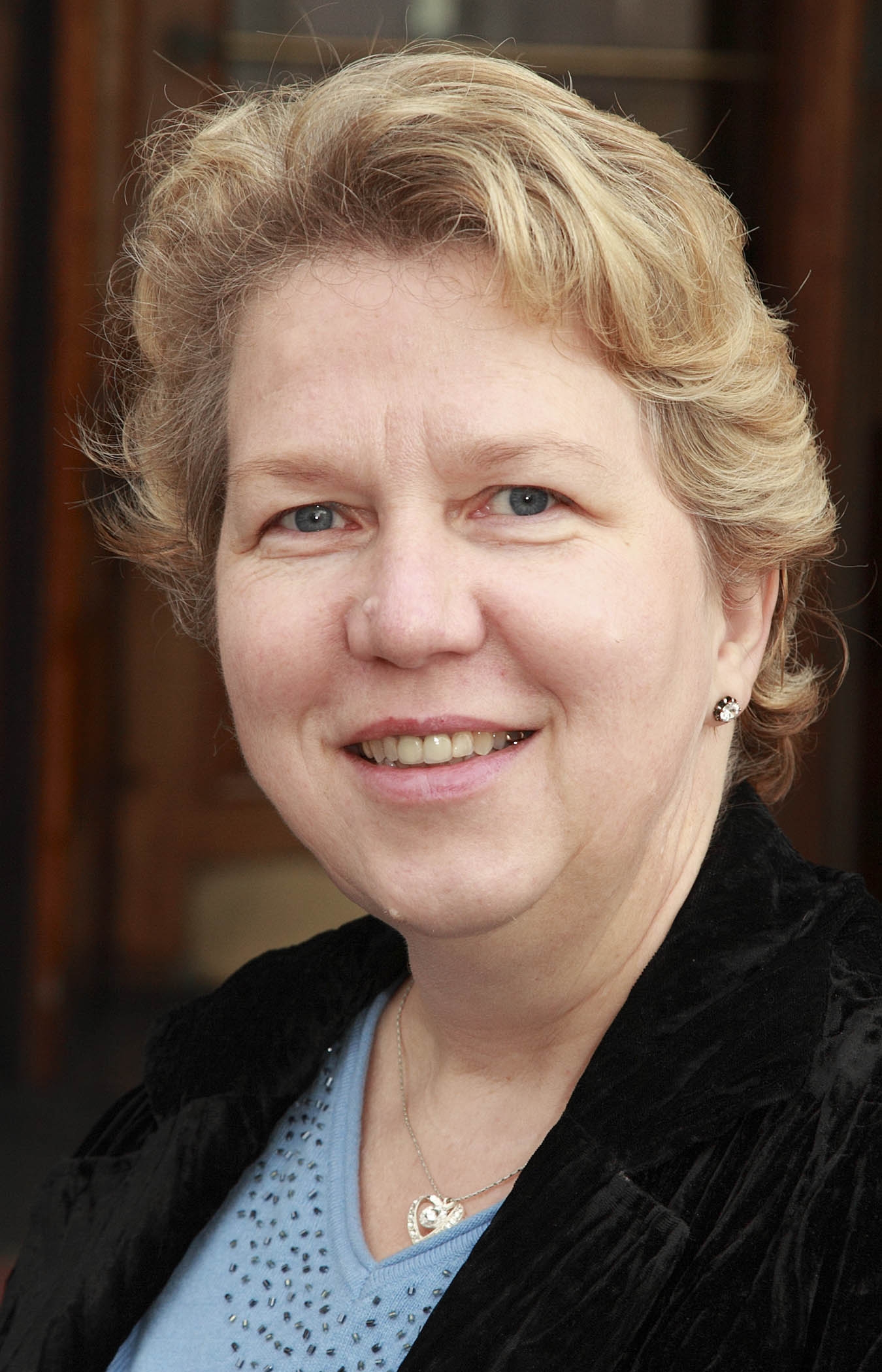To mark World Prematurity Day we spoke to Heike Rabe, Professor of Perinatal Medicine at Brighton and Sussex Medical School, and Consultant Neonatologist at University Hospitals Sussex, about Optimal Cord Management, a new patient safety initiative being introduced across Kent, Surrey and Sussex. 
Hi Heike, could you start by explaining what OCM is?
Optimal Cord Management refers to the fact that the baby’s blood circulates between the baby and placenta while they’re in the womb. When the baby’s born at term, nature is already providing for the baby as two thirds of this circulating blood ends up in the baby.
So, OCM means that we wait for more blood from the placenta to go into the baby before we clamp and cut the cord, so that they have an optimal transition from the life in the womb to the life outside the womb.
That is even more important in babies who are born too early because at that stage, half of the blood for the babies is in the placenta and half is in the baby. So when they’re born early, they’re even more in need of their own blood so that they can maintain circulation to all the vital organs like the lungs and brain.
We have done studies here in Brighton which have shown that if you wait before clamping the cord, or if you can’t do that then you gently strip the cord from the placenta towards the baby, more blood goes into the baby and that prevents them from having low blood pressure, which is a concern after birth.
It also prevents them from needing blood transfusions and reduces the risk of bleeding into the brain, which is a big concern in preterm babies.
There are also benefits for term babies – studies have shown that they have better iron storage for six to 12 months and they have a better neurodevelopmental outcome at four years. As you can imagine in developing countries having a better iron storage is very good for the babies as it can help to reduce infections.
What successes have you seen?
In neonatology we often have studies of small numbers because there are fewer numbers of preterm babies, compared to term babies. So we often carry out a meta-analysis with the Cochrane Library, and I’m the first author on this meta-analysis for preterm babies.
I’ve published three versions of it now and, based on these, World Health Organisation guidelines now recommend that OCM should be done for all preterm babies.
Lots of national and international societies and stakeholders have taken this up and there is lots of guidance around. The difficulty is getting it into implementation in the different countries, and there’s a big push in the UK at the moment for care bundles for preterm babies, and for OCM to be part of that.
How is KSS PSC MatNeoSIP promoting OCM?
So first of all, there’s a guideline which has come about from the British Association of Perinatal Medicine on OCM, and I was part of the group which published the guideline in January this year.
From that we have derived guidance for Kent, Surrey and Sussex, which I’ve also led. We are implementing that guidance through a series of teaching webinars and a launch event which took place at the end of October.
We’ve also set up a steering group with all the midwives and clinicians from the 12 centres we have in KSS, and we are providing monthly dashboards for the different Perinatal Services that look at how much OCM is implemented.
We also want to create a leaflet for parents so that they can be informed in their antenatal classes and include OCM in their birth plans, and we are already hearing that parents are requesting that their babies get their placenta blood.
We have done some interview studies with parents in Brighton. The parents told us that, with preterm babies, parents felt that OCM was something they could provide for the baby, and that waiting and providing this placental blood to the baby was perceived as a very positive act.
What Is your vision for OCM?
My dream is simply that, before I retire in seven years, every baby in the UK receives placental blood at birth.
- We also spoke to Helen McElroy, NeoNatal Clinical Lead MatNeoSip and Consultant Neonatologist at Medway Foundation Trust, on the importance of World Prematurity Day – find out what she had to say here
- Find out more about Kent Surrey Sussex Patient Safety Collaborative’s maternity and neonatal work.





